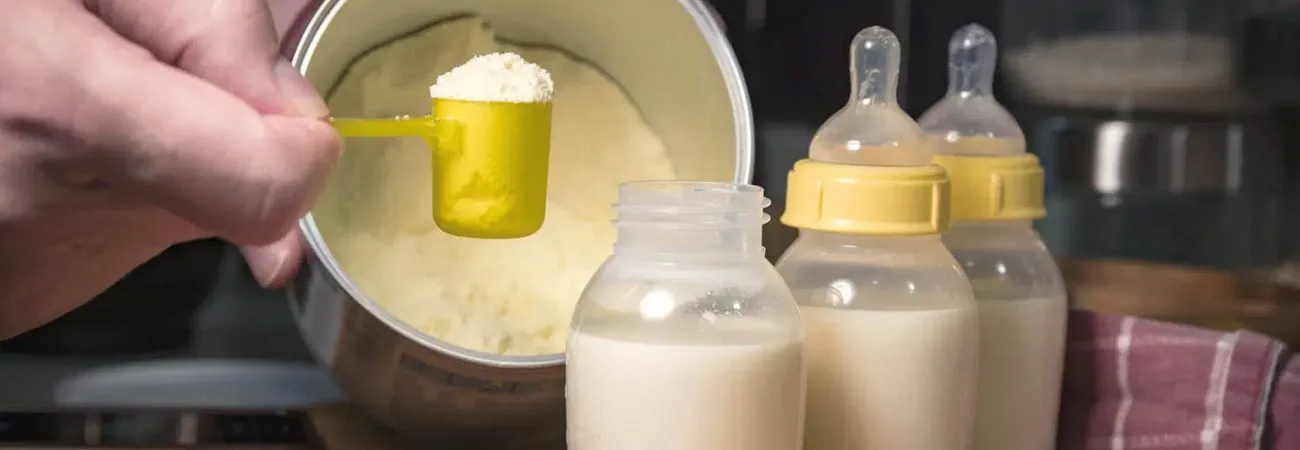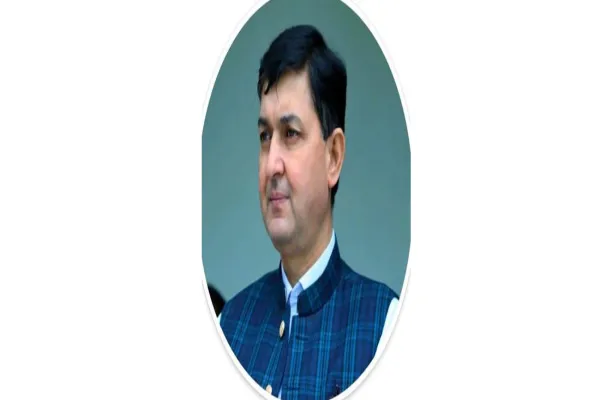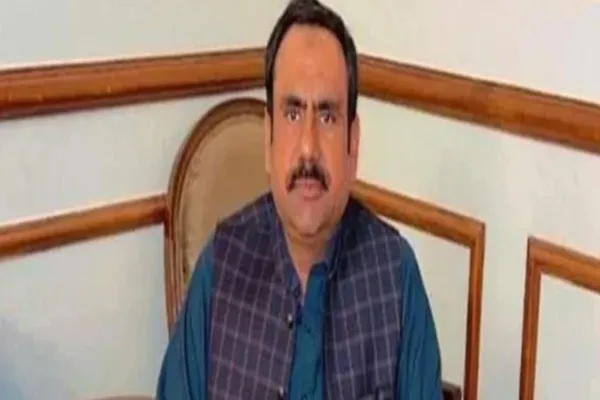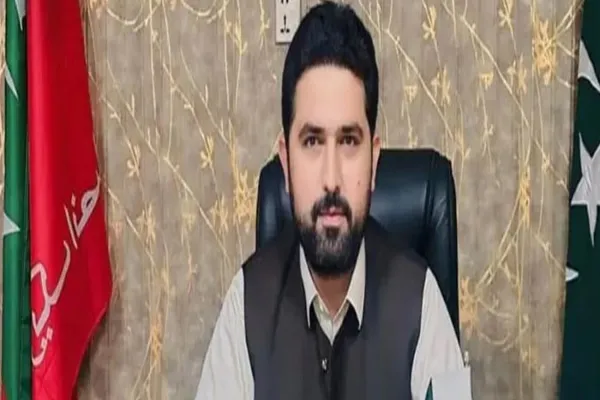i NEWS PAKISTAN
The Senate Standing Committee on Finance has rejected a proposal to impose an 18 percent sales tax on baby food and fortified child nutrition milk powders, citing concerns over the economic impact on families and child health. The committee meeting, chaired by Senator Salim Mandviwala, witnessed a heated discussion on various tax proposals. Senator Farooq H. Naik highlighted the challenges of economic documentation, noting that many Pakistanis lack bank accounts, complicating efforts to formalize the economy. Federal Board of Revenue (FBR) officials presented proposals including a 10 percent sales tax on stationery items and an 18 percent tax on milk and baby formula. They assured that cash assistance would be provided to those in need. However, Senator Sherry Rehman opposed the tax on milk, pointing to the country’s 40 percent child stunting rate and calling the proposal excessive and unconsulted. Senator Anush Rehman labeled the tax on baby milk as cruel, leading the committee to unanimously reject the proposal.
The debate extended to other tax matters, with Senator Naik advocating for the abolition of the stationery tax and critiquing the extensive taxation, humorously suggesting a tax on graves as even burial costs are high in Karachi. He also questioned whether the International Monetary Fund (IMF) influences tax exemptions, especially for regions like FATA and PATA. Senator Mandviwala raised concerns about the misuse of tax exemptions in these areas, with Senator Zeeshan Khanzada adding that Azad Kashmir also benefited from similar exemptions. He argued that promoting industry rather than providing government jobs would be more beneficial. Further discussions revealed disagreements over the tax on raw materials for manufacturers. While manufacturers claimed exemptions were for raw materials, the committee noted these materials were being sold locally. The session also touched on the imposition of an 18 percent tax on surgical instruments, previously tax-exempt. Senator Anush Rehman warned that this would make healthcare more expensive, a concern acknowledged by the FBR.
Credit: Independent News Pakistan









